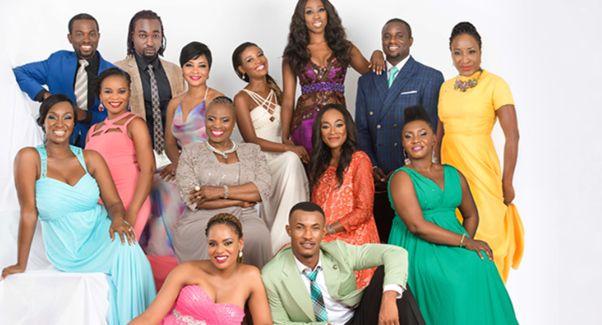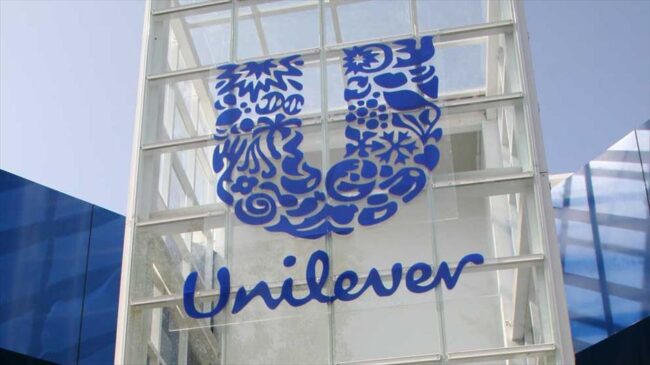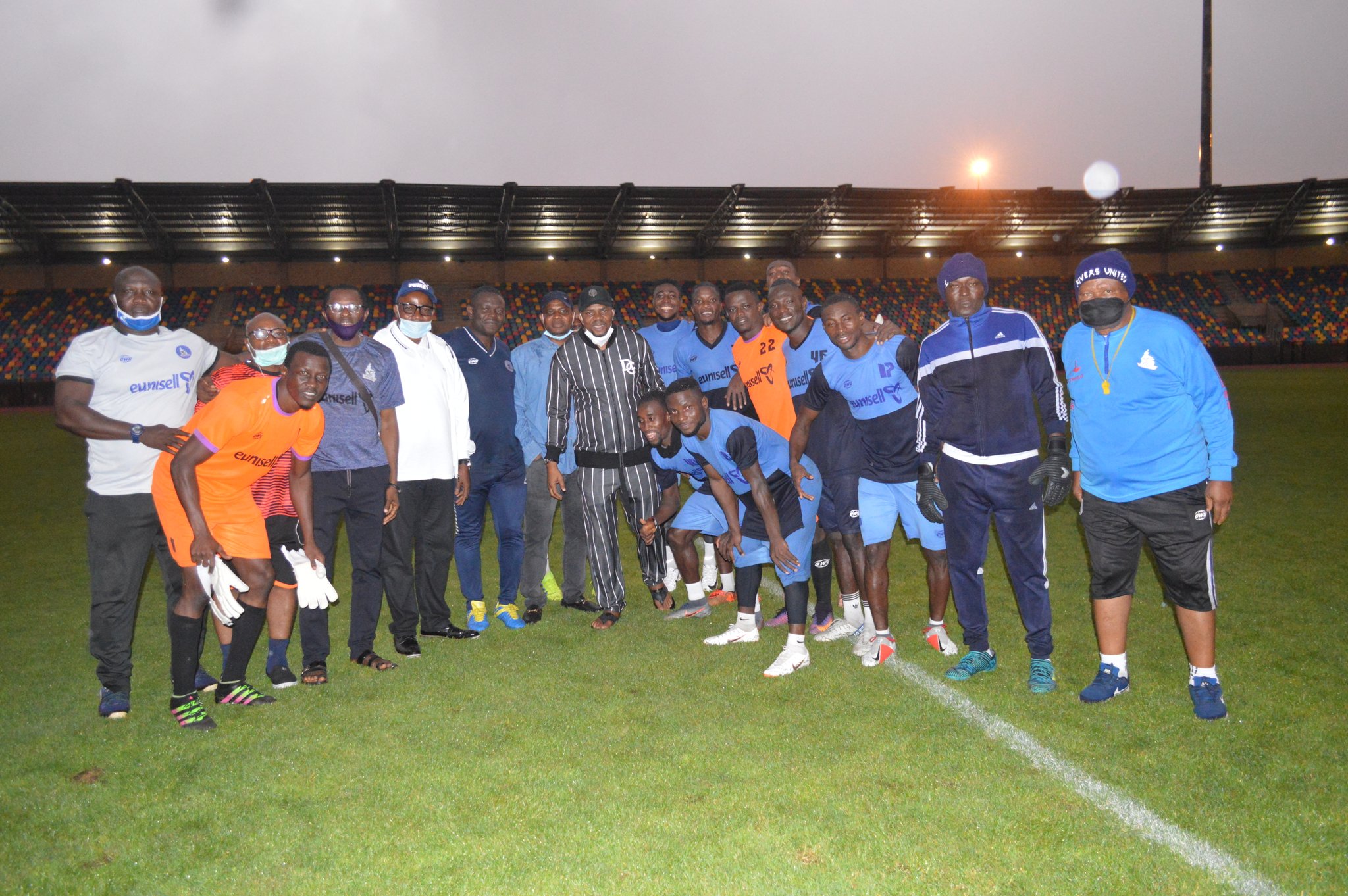For those of us who grew up in the 90s, a huge part of our childhood years were spent watching the Nigeria Television Authority (NTA). I still remember how I would wait in front of the television set for 4 p.m. so that I would be greeted by colour bars, which was how television stations signalled their daily arrival on my father’s Sanyo set then. These bars would, minutes later, transition into the national anthem and at that time I would know that it was time to enjoy my favourite shows.
I still remember my fascination with foreign soap operas like The Bold and the Beautiful; The Rich Also Cry and Secrets of the Sand. On the local scene, there were classics such as New Masquerade, Samanja, Cockcrow at Dawn, Ripples, Checkmate, Behind the Cloud and of course, Tales by Moonlight – made specifically for we the younglings.
But then as we grew older, deep into the 90s, NTA began its painful process of ceasing to be that NTA. Private-owned television stations like DITV, DBN, Galaxy TV, MITV, STV and so on were beginning to spring up and our attention was quickly diverted elsewhere due to our crave for steady television entertainment. When Wale Adegunga began creating the television version of the empire that he had established with his romance and entertainment comics of the 80s, shows like Super Story and This Life added to the growing list of our new television faves. Amaka Igwe also dazzled and kept us laughing with Fuji House of Commotion. You see, those were the closest we could get to indigenous telenovelas, soap operas or sitcoms in the late 90s/early 2000s.
In 2008, MultiChoice Nigeria debuted Tinsel on the first day of August. Instantly, the average telenovela consumer’s curiosity was piqued. This new show seemed to be a breakaway from the kind of indigenous serial content Nigerians were used to. “What is this?”, a lot of us asked. But little known to many of us, the creators of what is fast becoming the longest-running telenovela on Nigerian television knew exactly what they were on to. Tinsel’s gloss was unmistakable. Its feel was different. Some people said it reminded them of South African soap operas in that it was filmed in a studio and shot employing a multicam setup. Up until then, such shows were recorded using a single camera. To them, this show could not have been produced in Nigeria. The level of production of Tinsel brought with it was undoubtedly “high for something totally Nigerian”. And for many, it was easy to see why the show spent more than three years in the pre-production stage.
Tinsel started out telling the story (well, it still does anyway) of two rival production companies, Reel Studios and Odyssey Pictures led by Fred Ade-Williams and Brenda Nana Mensah respectively jostling for box-office dominance with both production giants taking their rivalry from film-sets to industry boardrooms and everywhere else. Brenda is only interested in leading Odyssey Pictures to overtaking her father’s company at all costs. She resorts to every and any thing including her physical attributes, her wit and her charm and machination skills to do so. Of course, such drive and motivation would cause ripples throughout the entire industry. The end result causes the main characters’ lives and businesses to change forever. This tale of drama, romance, influence, betrayal and triumph became an instant hit among Nigerians who, of course, love drama and would never turn down additional entertainment in their lives.
Created by Yinka Ogun and directed at that time by Tope Oshin, it starred Victor Olaotan (Fred Ade-Williams), Charles Ujomu Frank), Abiola Segun-Williams (Titi) and Florence Uwaleke Ene). Over the years, more notable names have been part of the show’s acting roll call. For example, Funlola Aofiyebi-Raimi (Brenda Nana Mensah) joined in 2009. And over the years, it has steadily grown to become the most important show on TV in Nigeria. Some of the finest hands in Nigerian TV have worked on the show, and that’s one of the things I like about Tinsel. Since its debut, three of Nollywood’s top producers – Femi Odugbemi, Jaiye Ojo, Lemmy Adebule and Rogers Ofime have brought their production skills to the table, The show’s makers have carefully balanced the delicate art of employing experienced minds and giving chances of a lifetime to young, promising talents.
Kemi Adesoye, Tunde Babalola, N’kiru Njoku, arguably three of Nigeria’s biggest storytellers have written for the show. Between 2008 and now, several brilliant directors have helmed multiple episodes of the show. Respected names such as Victor Sanchez Aghahowa, Tolu Ajayi, John Njamah, Alex Mouth, Ben Chiadika, among others have scored directing credits on Tinsel. Several actors who have gone on to do some amazing stuff in the Nigerian film and TV show industry announced their arrivals to the world on Tinsel. Linda Ejiofor-Suleiman (Bimpe), Gideon Okeke (Phillip Ade-Williams), Chris Attoh (Kwame Mensah), Tomi Odunsi (Salewa) and Damilola Adegbite (Telema Duke) are some of the names that easily jump to mind.
Like most soap operas, Tinsel is heavy on melodrama and sentimentality. Some of its ensemble cast also feature screen cuties, also one of the major demands of this type of entertainment. But while many soaps tend to pander towards light principles that take advantage of flawed human desires and emotions, Tinsel has succeeded in balancing this “lightness” with thought-provoking plot points and action.
Asides from Funlola Aofiyebi-Raimi who brought the character of Brenda Nana Mensah to life fully, one character which has gone on to become arguably one of the most iconic characters on Nigerian TV is that of Angela Dede. Actress Matilda Obaseki did a good job bringing the character to life. Angela, thanks to the writers, was able to succinctly showcase mental health challenges with a breath of fresh air, next to zero negativity and without touching nerves based on the sensitivity of the issue. Other characters worthy of deliberate mention include Sheila Ade-Williams played by the experienced Ireti Doyle as well as the arrogant Phillip Ade-Williams played masterfully by Gideon Okeke. These characters have remained stamped on the memories of audiences as well as the timeline of Nigerian television shows.
On the production side, nothing perhaps demonstrates the contribution of MultiChoice Nigeria and Africa Magic to Nigerian entertainment as much as Tinsel. Asides from giving Nigerians premium entertainment, the show has also been an economic boost to the Nigerian entertainment industry. Tinsel helps these platforms provide gainful employment to local talent as the show has over 100 cast and crew members working on it at any given time. As at 2013, the cost per minute of the show was put around $900. That same year, its 1000th episode aired and it was widely reported that over N4bn had been spent on the show since its first episode hit the small screens, finally cementing its place as the most successful television drama in Nigeria after the turn of the millenium. There’s no other name for this than HUGE. Even when the widely publicized fire razed Phillips Studios in Ojota, Lagos which housed the show’s production shoot set ending in financial losses that ran into millions of Naira (a N650 million estimate), Tinsel makers didn’t look back. The show trudged on and maintained the initial excellence it brought to the scene.
You see, consistency has been the hallmark of Tinsel. Just like the popular pidgin expression, “soldier go soldier come, but barrack remain”. The show runs for approximately 25 minutes per episode and has seen 13 seasons shown to millions of Nigerians since its debut in 2008. As at January 17, 2,994 episodes had aired. It should be noted, however, that Tinsel has not sailed on without being faced with the threat of the shortcomings usually evident in shows that run as long as it has done. When a show runs as long as going over two thousand episodes, it is almost impossible that ratings will at one time or another take a dip, while the audience will also want some freshening up as regards story and cast. And, to be candid, the makers of Tinsel have done relatively well to limit the show stumbling into these holes. Even though some viewers think the show has overstayed on their screens, the viewership numbers still encourage the team to go for more.
The show has picked up several awards on its way, testament to its quality and contribution. Perhaps the highlight was in 2017 when it won the Best M-Net Original Series Award at the year’s Africa Magic Viewers Choice Awards (AMVCA). Since Tinsel, Africa Magic has made a reputation for itself in the Nigerian entertainment space by commissioning and funding projects to the tune of billions of Naira, not just with its original series, sitcoms and telenovelas (Hush, Hotel Majestic, Enakhe, The Johnsons, Riona) but also with its original films (the AMOF works) and family entertainment shows (Jara, Turn Up Friday). And for this, Africa Magic firmly deserves its flowers regardless of your position towards the company.
Having cemented its place in the consciousness of “New Nollywood” and its audience, will Tinsel go on to eclipse Guiding Light, the longest-running drama in television (and radio) history which came to an end on September 18, 2009 after an astonishing 72-year run? I wouldn’t bet against it, even though I might not be around to pay up. LOL!
Add a comment





